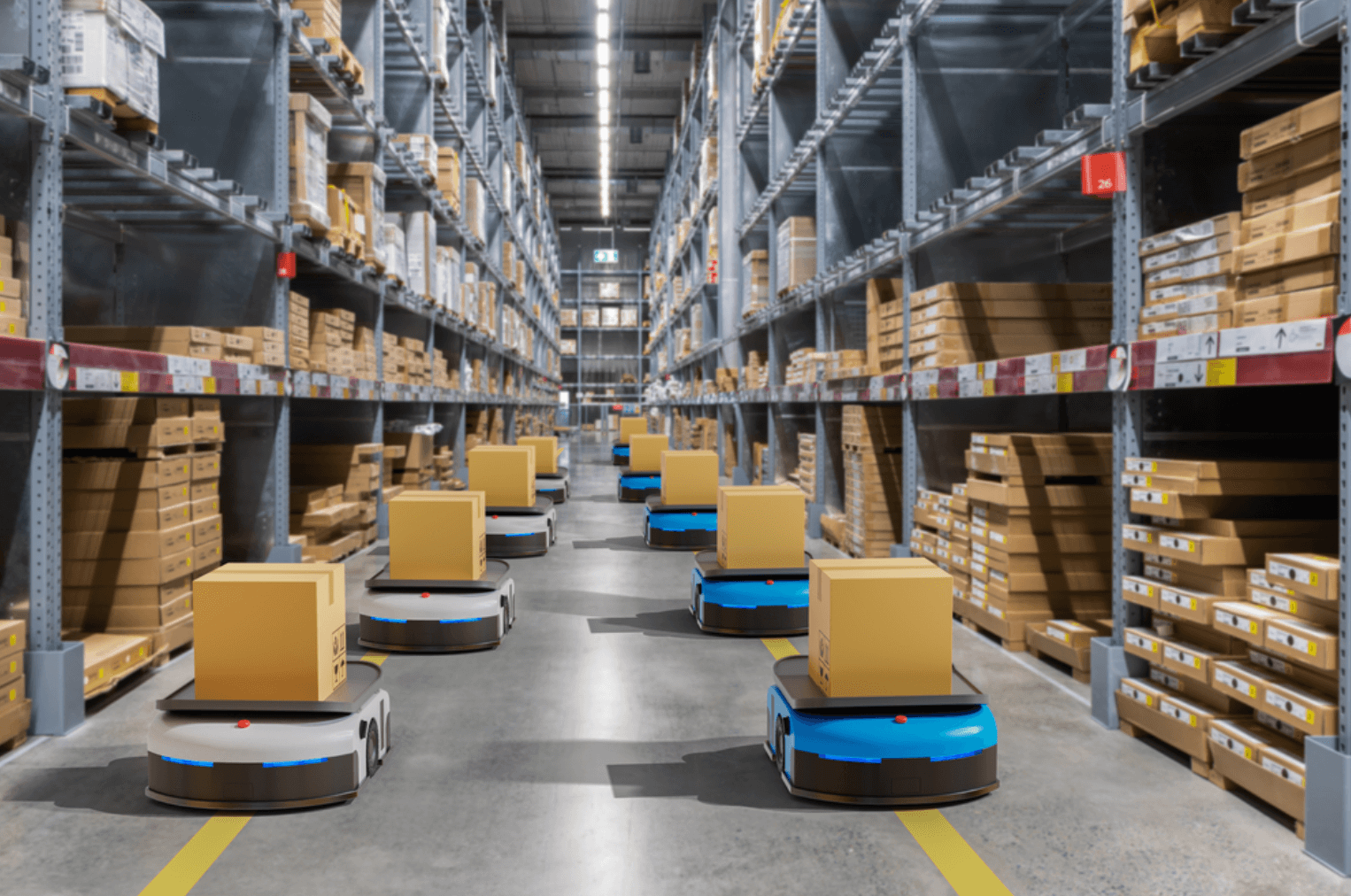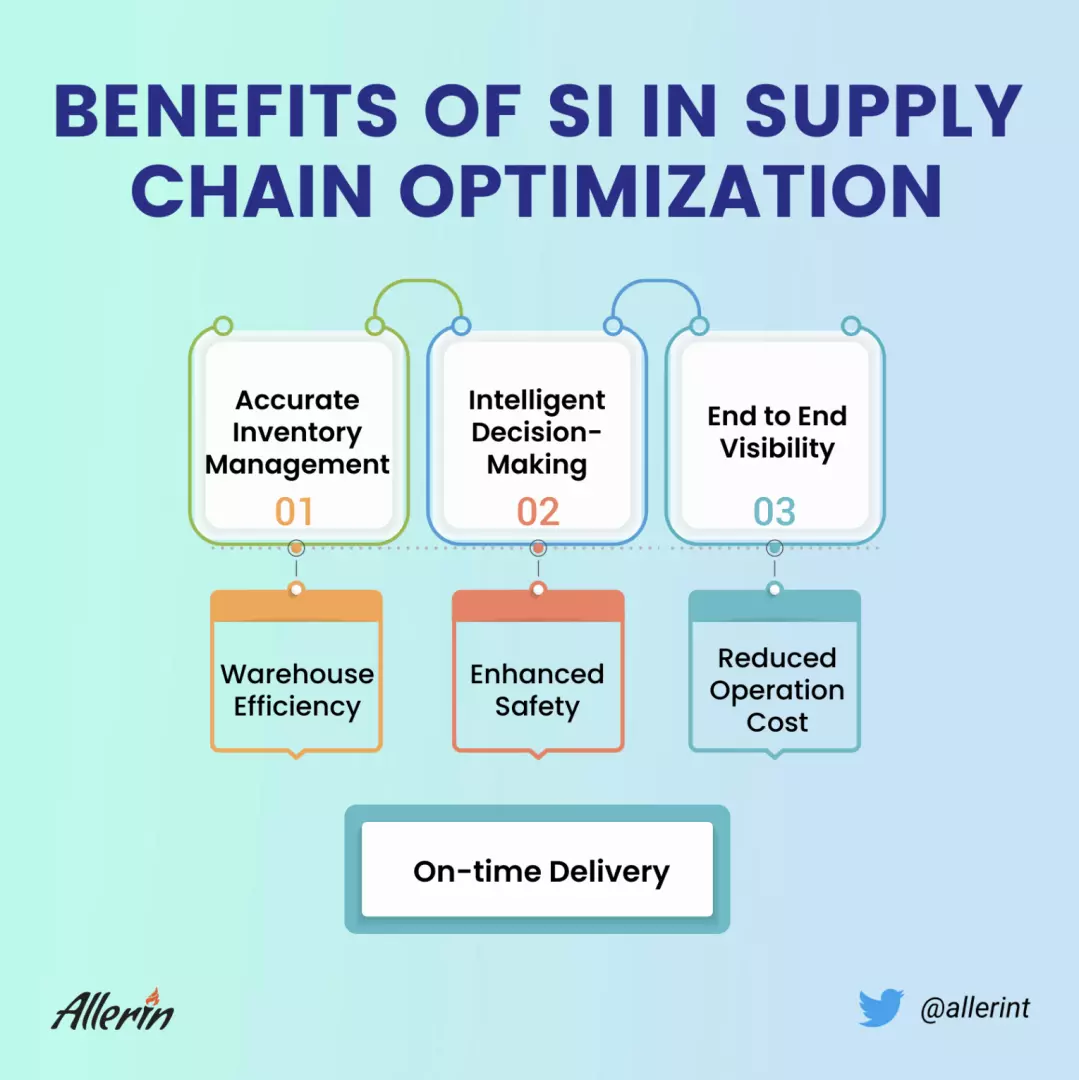Comments
- No comments found

An industry's success depends on cost-effective supply chain management under various markets, logistics and production challenges.
The use of AI in logistics through swarm intelligence optimization and ant colony optimization has resulted in a significant increase in the resolution of these problems.
Artificial intelligence is already quite powerful and it is just getting stronger. Everything from self-driving vehicles to social media is defined by how quickly technology can teach machines to behave like humans, if not outperform them. Though still in the early phases of development, enterprise applications based on sophisticated technologies such as AI and machine learning (ML) are beginning to drive company innovation initiatives. AI in logistics and supply chain is a game-changer.
Artificial intelligence and machine learning are already transforming the logistics industry. In supply chains, artificial intelligence assists in delivering the powerful optimization capabilities required for more accurate capacity planning, enhanced efficiency, high quality, lower costs and higher output, all while promoting safer working conditions. Artificial intelligence and machine learning drive enterprise-wide visibility into all aspects of the supply chain by weeding out deep-rooted inefficiencies and uncertainties, with granularity and methodology that humans simply can’t match at scale.

These technologies prove to be game-changers in the supply chain and logistics industries. According to McKinsey & Company, organizations will gain between $1.3 trillion and $2 trillion per year in economic value by incorporating AI into their supply chains.
Traditional programming approaches, including Linear Programming, Mixed-Integer Linear Programming and Branch-and-Bound methods, were used to solve supply chain optimization challenges until the early 2000s. Though still in the early phases of development, enterprise applications based on sophisticated technologies such as AI and machine learning are beginning to drive company innovation initiatives. It's worth noting that managerial decisions in supply chain management (SCM) frequently focus on resource optimization.
SI algorithms can solve large-scale problems that are difficult to resolve with accurate algorithms. Because of its flexibility in design and fast convergence, SI algorithms have been widely used in various supply chain network design areas. A generalized framework for SI implementation in SCM is proposed, which is beneficial to industry practitioners and researchers, providing many benefits like:
Accurate inventory management
Warehouse efficiency
Intelligent decision-making
Enhanced safety
End-to-end visibility
Reduced operation costs
On-time delivery
Traditional business models will become antiquated and eventually obsolete as supply chain organizations shift their focus from products to outcomes, leaving the bodies and brands of the laggards and losers scattered along the route. As all of these forces collide, we're about to see a paradigm shift from simple reactive intelligence to predictive, adaptive, and continuous learning systems that drive better decisions for continuous improvements using machine learning and AI in logistics and supply chain on your existing data sources.
Naveen is the Founder and CEO of Allerin, a software solutions provider that delivers innovative and agile solutions that enable to automate, inspire and impress. He is a seasoned professional with more than 20 years of experience, with extensive experience in customizing open source products for cost optimizations of large scale IT deployment. He is currently working on Internet of Things solutions with Big Data Analytics. Naveen completed his programming qualifications in various Indian institutes.
Leave your comments
Post comment as a guest